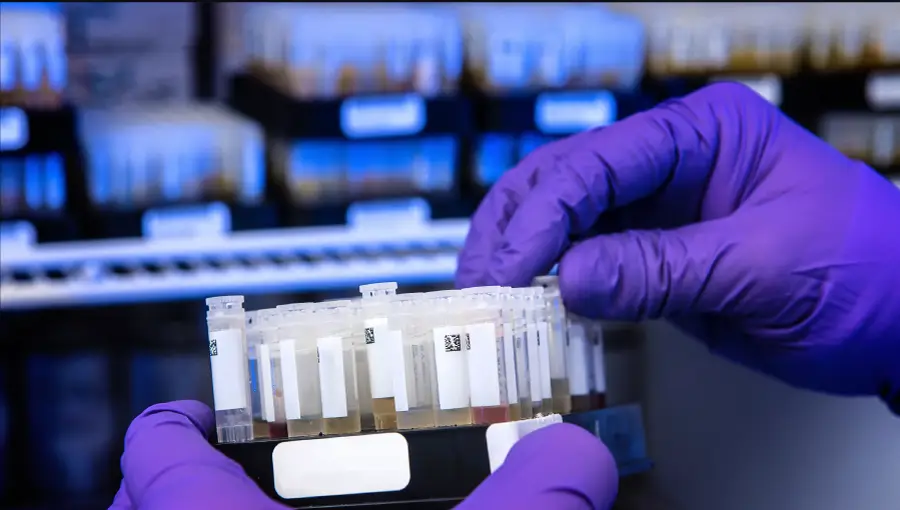Case Study
Ozette’s
computationally-driven analysis aids advancement of cancer drug development.
Ozette’s technology, in conjunction with other new methods, reveal a distinct T cell population that suppresses immune effectiveness in the tumor microenvironment and helps inform drug development in immuno-oncology.

Summary
Inflammation is a hallmark of the tumor microenvironment and an area of active investigation. To better understand how tumor inflammation differs from general inflammation, such as in gum disease, Drs. Prilic, Mair, and Erikson employed novel methods, which included high parameter flow cytometry and Ozette’s foundational technology–full annotation using shape-constrained trees (FAUST). FAUST is a machine learning algorithm that discovers and annotates statistically relevant cellular phenotypes in an unsupervised manner. Pairing high parameter flow cytometry with Ozette’s next generation analysis helped decipher the complex immune landscape of tumors and revealed tumor-specific cell populations that modulate immune responses.
T cells are known orchestrators of inflammation, driving and in the case of T regulatory cells, damping it, to respond to dynamic environments. FAUST revealed hundreds of distinct cellular phenotypes. Interestingly, FAUST findings in combination with single cell RNA sequencing data and follow up functional assays led Prilic et al. to identify one type of T regulatory cell– a unique population expressing IL-1R1 and ICOS– that localized to solid tumors and suppressed immune defenses. Moreover, the Hutch researchers compared their findings in head and neck solid tumors to 21 different cancer types. Transcriptomic data demonstrated that this T regulatory cell population was present in all 19 solid tumor cancers but not in the two blood cancers.
Prilic and team hypothesize that targeting the newly identified T regulatory cell population may be an effective way to more specifically target solid tumors. This is especially intriguing as solid tumors have not responded to immunotherapies as well as blood cancers, in part due to the lack of tumor-specific targets. The team is pursuing a bi-specific antibody to target IL-1R1 and ICOS-expressing T regulatory cells to determine impact on solid tumors.

Case Study
Going beneath the
surface of skin cancer.
We investigated our AI’s ability to predict treatment response to PD1 inhibiting immunotherapy in Merkel cell carcinoma and melanoma. We benchmarked our algorithmic approach against conventional analysis.

Case Study
Ozette’s AI in the battle
against COVID-19.
In-depth immune profiling reveals a T regulatory signature that correlates with COVID-19 disease severity, an important finding as Treg cells are potential targets for treatment strategies and fighting severe disease.